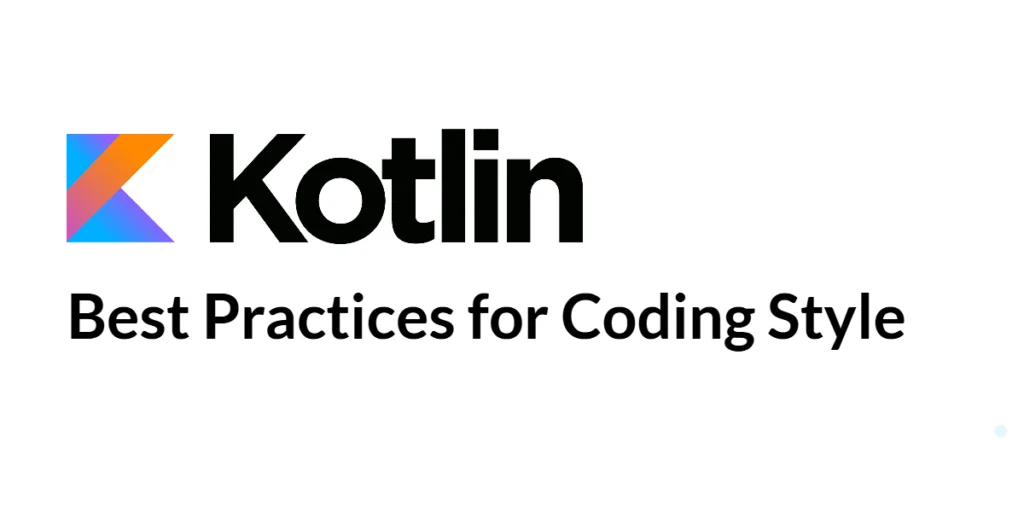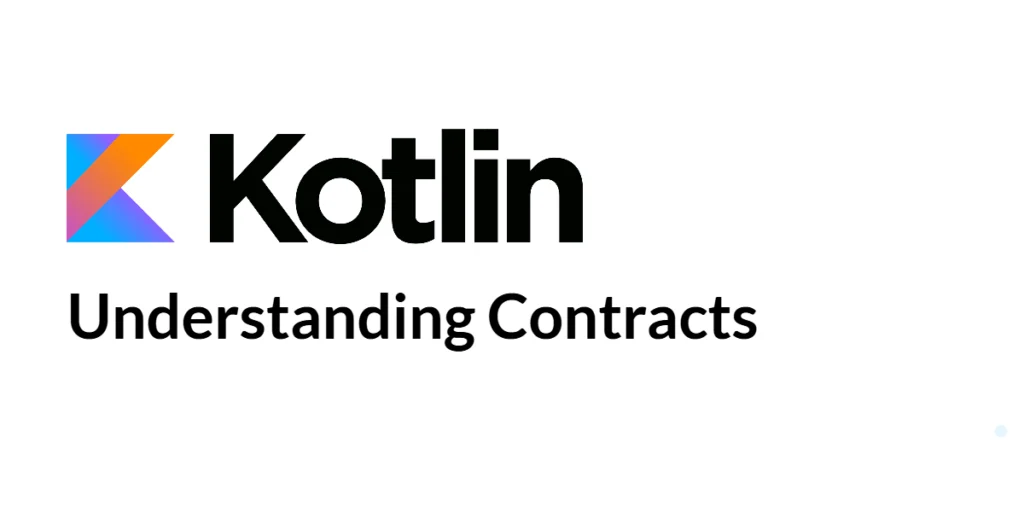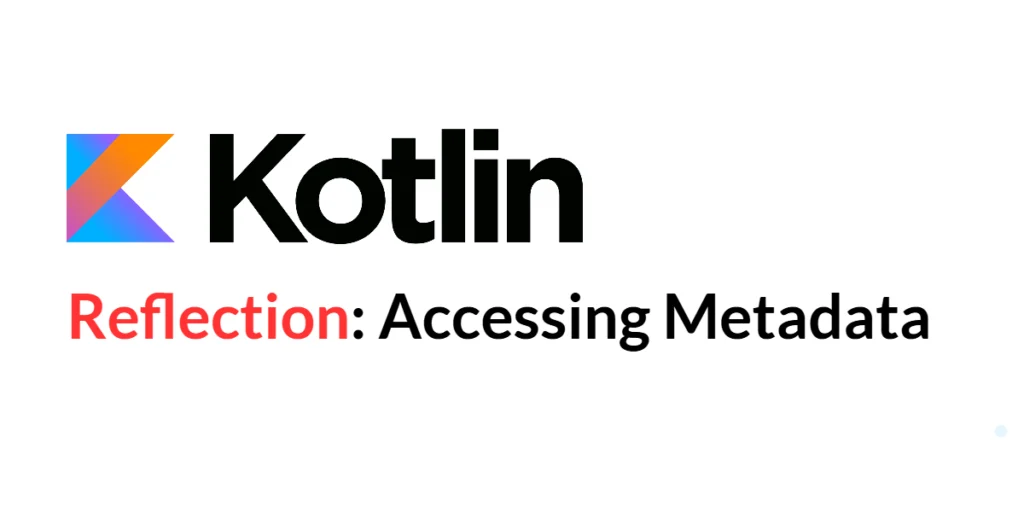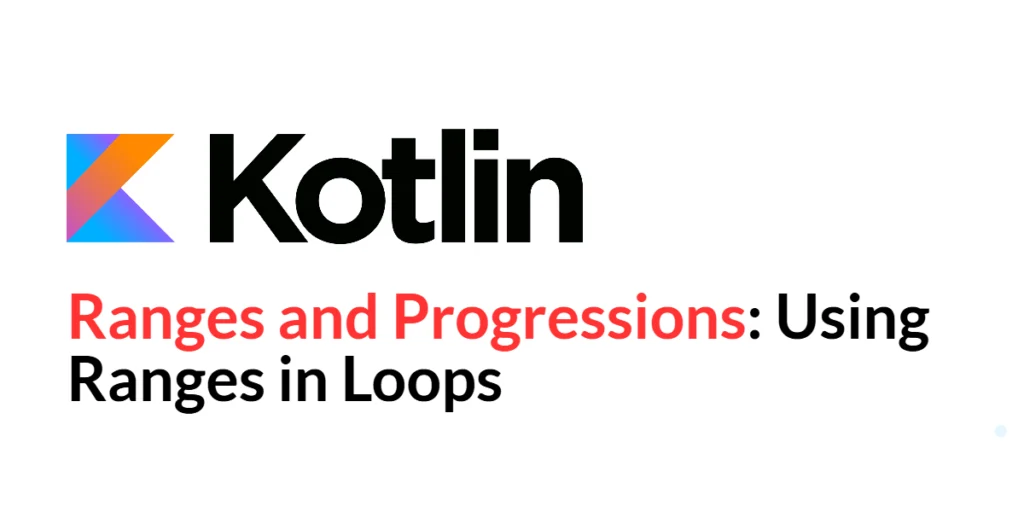Introduction to Ruby: A Beginner’s Guide
Ruby is a dynamic, open-source programming language with a focus on simplicity and productivity. It was created in the mid-1990s by Yukihiro “Matz” Matsumoto in Japan. Ruby’s elegant syntax is natural to read and easy to write, making it an ideal choice for beginners. Unlike more verbose languages, Ruby encourages developers to express their ideas […]
Introduction to Ruby: A Beginner’s Guide Read More »









